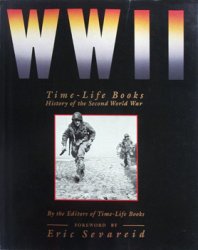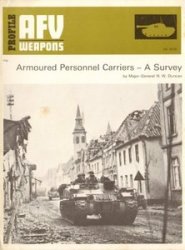The Atlantic Charter was a document of common principles issued by U. S. president Franklin D. Roosevelt and British prime minister Winston Churchill on August 14, 1941, following a meeting on August 9-12 aboard U. S. and Royal Navy ships in Placentia Bay, off the coast of Newfoundland. The conference marked the first wartime meeting between Roosevelt and Churchill, but the two leaders had divergent aims. Churchill wanted a clear American commitment to join Britain in World War II at a time when Britain was facing setbacks in North Africa, the Atlantic, and Southeast Asia. Already, the Lend-Lease Act of March 1941 had enabled increased material support of England, and Lend-Lease had been extended to the Soviet Union following her invasion by Germany in June 1941. But with most Americans still hoping to avoid entry into the war (the conference came just as the Selective Service Act was being extended by only one vote in the House of Representatives), Roosevelt wanted to signal cooperation with Great Britain, but to stop well short of an explicit commitment to a military alliance. He also wanted a statement of principles to show that American principles would not be eroded by cooperation with the British or the Soviets.
The Atlantic Charter reflected principles stated in Woodrow Wilson’s Fourteen Points of World War I, including self-determination, disarmament, and economic cooperation. It stated that neither country sought territorial aggrandizement. It acknowledged that all people had the right to choose their own form of government and not have territorial changes forced upon them, and called for free trade and freedom of the seas. The charter also vaguely indicated a desire for “the establishment of a wider and permanent system of general security.” Though isolationists remained suspicious, most Americans felt that Roosevelt had successfully avoided a commitment of war, while many in Britain felt that Churchill had gotten too little and given up too much, including the possibility of losing its colonies. But the conference did serve to symbolize American-British cooperation. The Atlantic Charter itself became a basis of the Declaration of the United Nations in January 1942 and later a foundation of the United Nations organization.
See also Anglo-American relations.
Further reading: Theodore A. Wilson, The First Summit: Roosevelt and Churchill at Placentia Bay, 1941, rev. ed. (Lawrence: University of Kansas Press, 1991).
—Charles Marquette




 World History
World History









